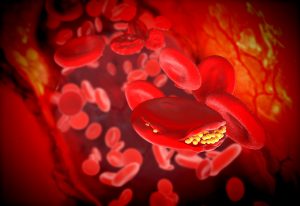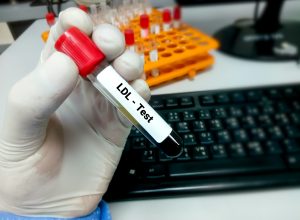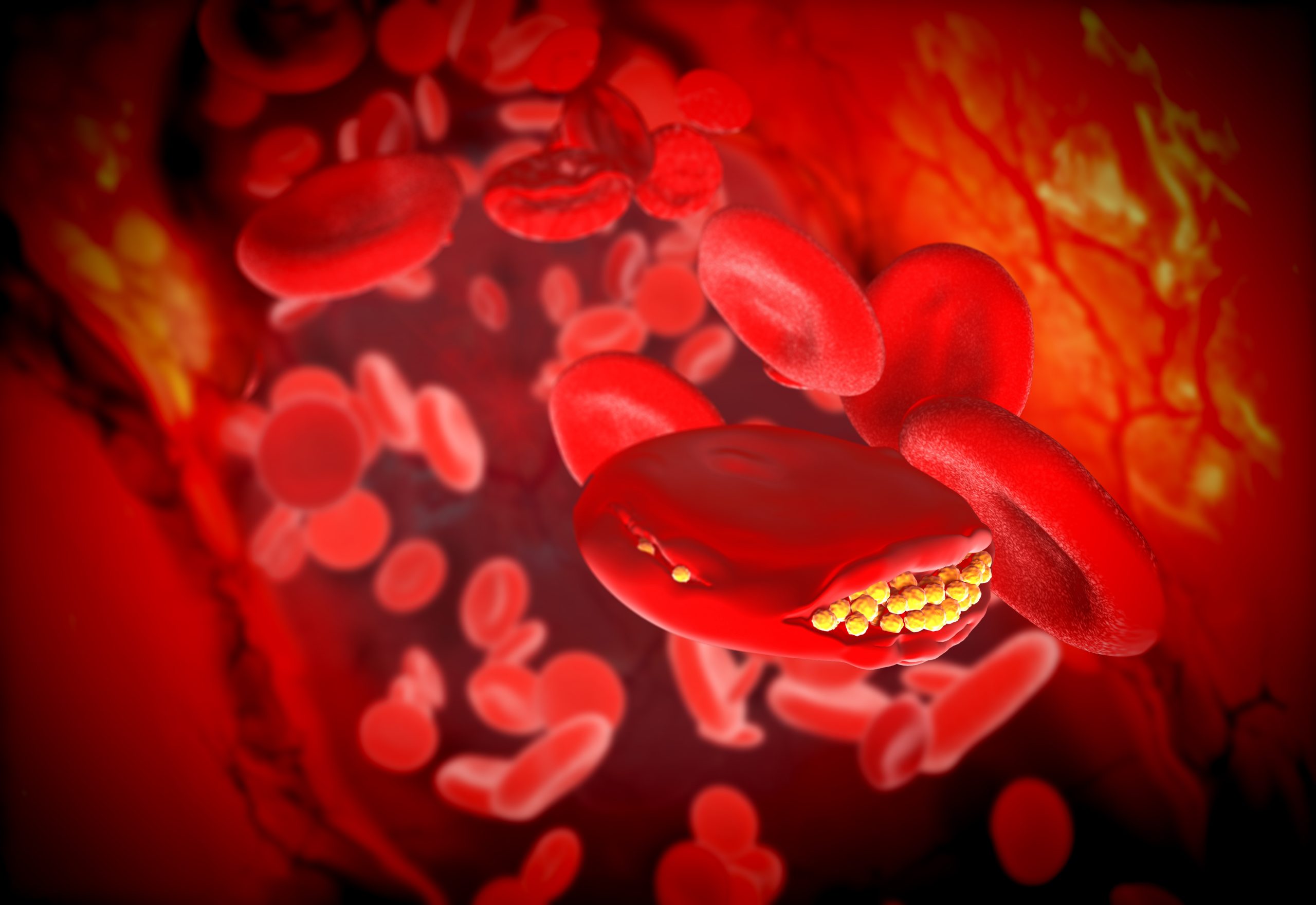Achieving Cholesterol Balance: A Comprehensive Guide to Managing Your Cholesterol Levels
Achieving Cholesterol Balance: A Comprehensive Guide to Managing Your Cholesterol Levels

Cholesterol plays a critical role in maintaining our overall health. However, imbalanced cholesterol levels can lead to serious health complications. In this comprehensive guide, we’ll explore the importance of cholesterol balance and provide practical tips and recommendations to help you manage your cholesterol levels effectively.
Understanding Cholesterol: The Good and the Bad
Cholesterol is a fatty substance found in your blood. It’s essential for various body functions, such as producing hormones, vitamin D, and bile acids that help digest fat. There are two main types of cholesterol:
- High-density lipoprotein (HDL): Known as the “good” cholesterol, HDL helps remove excess cholesterol from your bloodstream and transport it back to your liver, where it’s broken down and eliminated from your body.
- Low-density lipoprotein (LDL): Often referred to as the “bad” cholesterol, LDL carries cholesterol from your liver to the cells that need it. When there’s too much LDL in your blood, it can build up in your artery walls, increasing your risk of heart disease and stroke.
Balancing your cholesterol levels means maintaining healthy amounts of both HDL and LDL cholesterol in your bloodstream.
How Do You Balance Your Cholesterol?
There are several ways to balance your cholesterol levels, including:
- Adopting a heart-healthy diet: Consuming a diet rich in fruits, vegetables, whole grains, and lean protein sources can help lower your LDL cholesterol and increase your HDL cholesterol levels.
- Exercising regularly: Engaging in physical activity can help raise your HDL cholesterol and lower your LDL cholesterol.
- Maintaining a healthy weight: Losing excess weight can improve your cholesterol levels and overall heart health.
- Quitting smoking: Smoking can lower your HDL cholesterol and increase your risk of heart disease. Quitting smoking can improve your cholesterol levels and reduce your risk of heart-related complications.
- Limiting alcohol consumption: Drinking alcohol in moderation (one drink per day for women and two drinks per day for men) can help maintain balanced cholesterol levels. Excessive alcohol consumption can raise your LDL cholesterol and increase your risk of heart disease.
- Taking supplements: Certain supplements, such as Apple Cider Vinegar, can help support healthy cholesterol levels by promoting heart health and overall well-being.

What Reduces Cholesterol Quickly?
While there’s no instant fix for high cholesterol, several lifestyle changes can help lower your cholesterol levels relatively quickly:
- Increase soluble fiber intake: Consuming more soluble fiber, found in foods like oats, beans, fruits, and vegetables, can help lower LDL cholesterol by preventing its absorption in the bloodstream.
- Incorporate healthy fats: Consuming healthy fats, such as monounsaturated and polyunsaturated fats found in olive oil, avocados, and nuts, can help lower your LDL cholesterol and maintain healthy HDL cholesterol levels.
- Eliminate trans fats: Trans fats, found in processed and fried foods, can raise your LDL cholesterol and lower your HDL cholesterol. Avoiding these unhealthy fats can help improve your cholesterol levels.
What Foods Balance Out Cholesterol?
To achieve cholesterol balance, incorporate the following foods into your diet:
- Fruits and vegetables: Rich in vitamins, minerals, and antioxidants, fruits and vegetables can help lower your LDL cholesterol levels.
- Whole grains: Foods like whole-wheat bread, brown rice, and quinoa are high in soluble fiber, which can help reduce LDL cholesterol.
- Fatty fish: Rich inomega-3 fatty acids, fatty fish like salmon, mackerel, and sardines can help lower LDL cholesterol and raise HDL cholesterol levels.
- Nuts and seeds: Almonds, walnuts, flaxseeds, and chia seeds are rich in healthy fats and can help improve your cholesterol balance.
- Legumes: Beans, lentils, and peas are high in soluble fiber, which can help lower LDL cholesterol.
- Soy protein: Replacing animal protein with soy protein, found in tofu, tempeh, and edamame, can help lower LDL cholesterol levels.
- Plant sterols and stanols: Found in plant-based foods like nuts, seeds, and vegetable oils, plant sterols and stanols can help block the absorption of cholesterol in the intestines, leading to lower LDL cholesterol levels.

The Role of Supplements in Cholesterol Balance
In addition to making dietary and lifestyle changes, taking supplements can also help support healthy cholesterol levels. One such supplement is Apple Cider Vinegar. Apple cider vinegar is known for its potential health benefits, which include supporting heart health, promoting weight loss, and aiding in digestion. Research suggests that apple cider vinegar may help lower LDL cholesterol and triglyceride levels, contributing to a healthier cholesterol balance.
Tips for Maintaining Cholesterol Balance
To maintain healthy cholesterol levels, consider the following tips:
- Monitor your cholesterol levels: Regularly check your cholesterol levels to stay informed about your heart health and make any necessary adjustments to your lifestyle.
- Follow a heart-healthy diet: Prioritize consuming foods that are low in saturated and trans fats and high in fiber, vitamins, and minerals.
- Stay active: Aim for at least 150 minutes of moderate-intensity aerobic exercise or 75 minutes of vigorous-intensity aerobic exercise per week to support healthy cholesterol levels.
- Manage stress: High stress levels can contribute to unhealthy cholesterol levels. Practice stress management techniques such as mindfulness, deep breathing, or yoga to maintain your emotional well-being.
- Seek professional guidance: If you’re struggling to maintain healthy cholesterol levels, consult with a healthcare professional for personalized advice and recommendations.
Conclusion
Achieving and maintaining cholesterol balance is crucial for overall health and well-being. By incorporating heart-healthy foods, exercising regularly, managing stress, and taking supplements like Apple Cider Vinegar, you can work towards achieving optimal cholesterol levels and reducing your risk of heart disease. Remember, it’s essential to monitor your cholesterol levels regularly and consult with a healthcare professional if needed to ensure you’re on the right track to heart health.

